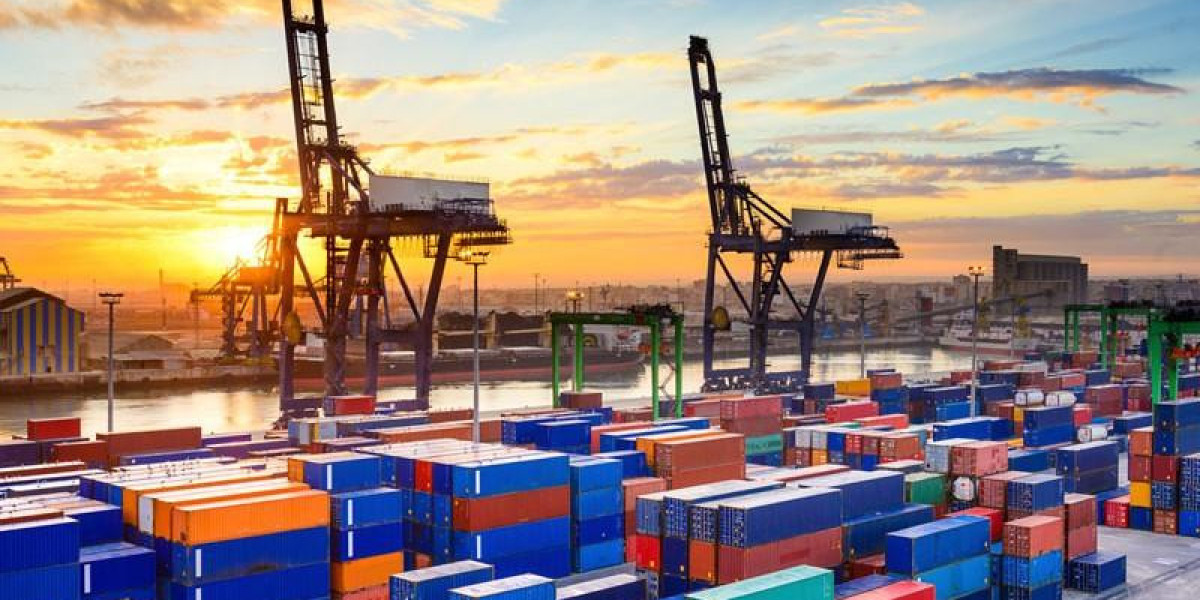In recent years, China's Cross-Border E-Commerce (CBEC) landscape has rapidly evolved, presenting both opportunities and challenges for international businesses. As a leading player in the global market, Xgate Corporation Limited recognizes the importance of understanding CBEC regulations in China to successfully navigate this dynamic environment. This blog aims to provide insights into these regulations, ensuring businesses can optimize their operations and achieve compliance.
What are CBEC Regulations in China?
CBEC regulations in China refer to the legal framework governing cross-border e-commerce activities, which include the import and export of goods through online platforms. These regulations are designed to facilitate international trade, enhance consumer protection, and ensure the quality and safety of imported products. For businesses like Xgate Corporation Limited, staying abreast of these regulations is crucial to leveraging China's vast market potential.
Key Components of CBEC Regulations in China
1. Regulatory Authorities
The primary regulatory bodies overseeing CBEC regulations in China are the General Administration of Customs (GAC) and the Ministry of Commerce (MOFCOM). These authorities are responsible for implementing policies, conducting inspections, and ensuring compliance with import-export standards.
2. Positive Lists
China has introduced Positive Lists, which specify the categories of goods permitted for cross-border e-commerce. These lists are periodically updated and include a wide range of consumer goods, from cosmetics to electronics. For Xgate Corporation Limited, ensuring that products fall within these approved categories is essential for smooth operations.
3. Customs Procedures
Under CBEC regulations in China, all goods must undergo customs clearance, which includes documentation, inspection, and taxation. Simplified procedures have been established for CBEC transactions to expedite the process. However, businesses must ensure accurate documentation and adherence to customs requirements to avoid delays and penalties.
4. Taxation Policies
China's CBEC regulations also outline specific taxation policies, including import duties, value-added tax (VAT), and consumption tax. These taxes are generally lower than those applied to traditional trade channels, offering a competitive edge to cross-border e-commerce businesses. Xgate Corporation Limited benefits from understanding these tax structures to price products competitively.
5. Quality and Safety Standards
To protect consumers, China enforces stringent quality and safety standards for imported goods. Products must meet these standards, and businesses are required to provide relevant certifications and testing reports. Non-compliance can lead to product recalls, fines, and reputational damage.
Implications for Businesses
Market Entry and Expansion
For businesses looking to enter or expand in China, understanding CBEC regulations is crucial. Xgate Corporation Limited has leveraged this knowledge to streamline market entry, ensuring compliance with legal requirements and building trust with Chinese consumers.
Competitive Advantage
Adhering to CBEC Regulations in China can provide a competitive advantage. By offering products that meet local standards and navigating the regulatory landscape effectively, businesses can differentiate themselves from competitors and capture a larger market share.
Risk Management
Non-compliance with CBEC regulations in China can result in significant risks, including legal penalties, financial losses, and reputational harm. Xgate Corporation Limited prioritizes regulatory compliance to mitigate these risks and maintain a strong market presence.
Strategies for Compliance
Stay Informed
Regulations are subject to change, and staying informed is vital. Xgate Corporation Limited continuously monitors updates to CBEC regulations in China, ensuring swift adaptation to new policies and requirements.
Partner with Experts
Collaborating with local experts, such as legal advisors and customs brokers, can enhance understanding and compliance with CBEC regulations in China. These partnerships provide valuable insights and support in navigating complex regulatory frameworks.
Implement Robust Compliance Systems
Developing and implementing robust compliance systems is essential. Xgate Corporation Limited has established comprehensive protocols for documentation, quality control, and taxation to ensure adherence to CBEC regulations in China.
Conclusion
Navigating CBEC regulations in China requires a thorough understanding of the legal landscape and a proactive approach to compliance. By staying informed, partnering with experts, and implementing effective compliance systems, businesses like Xgate Corporation Limited can successfully tap into China's lucrative market. Understanding and adhering to CBEC regulations in China is not just about compliance; it's about building a foundation for sustainable growth and long-term success in one of the world's most dynamic e-commerce environments.








